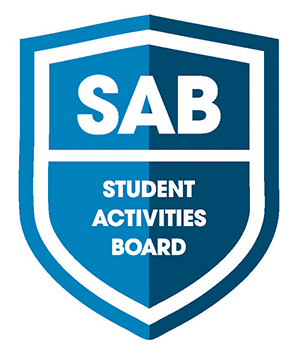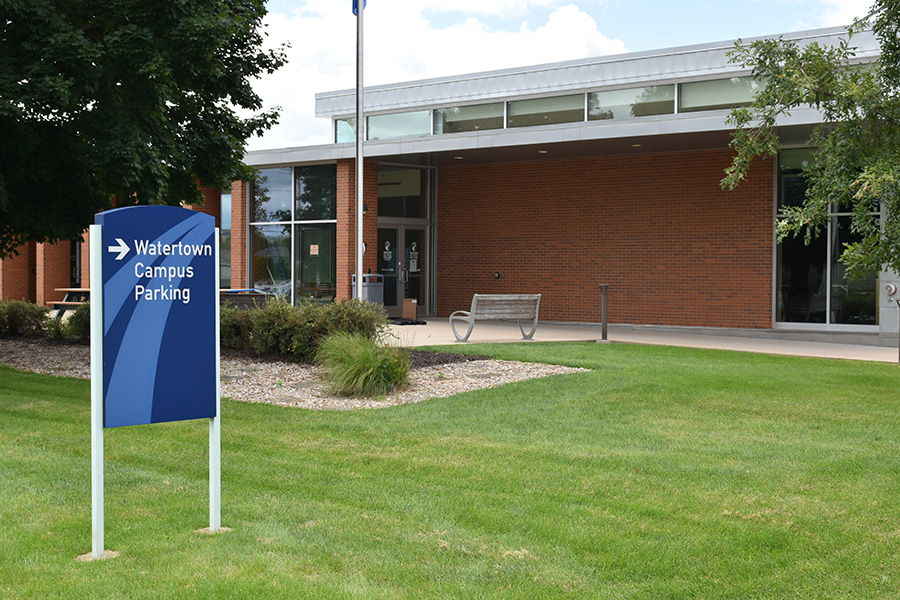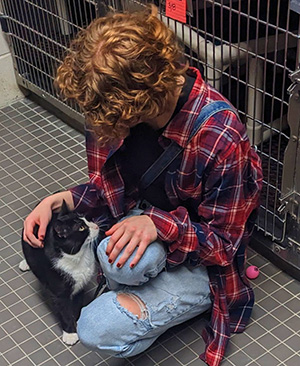
What is being asked on the Student Activity Referendum?
Students will be asked whether they support restructuring the Student Activity Fee from a percentage of tuition to a flat rate per credit. The exact question on the ballot is below:
Do you support restructuring the Student Activity Fee for degree-credit students taking classes at a Madison-based campus and online to a flat fee of $12.30 per credit, increasing up to 3% each year if needed?
Who pays the Student Activity Fee?
Students taking classes at Truax, Goodman South, Commercial Ave., and online pay a Student Activity Fee of 6.5% of tuition. This Student Activity Fee could be changed with the Student Activity Referendum that will be conducted November 13th-19th, 2023.
Students taking classes at Fort Atkinson, Portage, Reedsburg, and Watertown pay a Student Activity Fee of $3.25 per credit. This Student Activity Fee would not be affected by the Student Activity Referendum conducted November 13th-19th, 2023.
What does the Student Activity Fee support?
The Student Activity Fee revenue supports student events and groups that enhance the student experience. This includes:
- 50 student clubs with more than 2,000 members across academic, interest, and identity-based clubs
- 9 Division II intercollegiate athletic teams, with nearly 200 student-athletes
- The student-run Clarion newspaper, online radio, and Yahara Journal literary magazine
- Phi Theta Kappa Honor Society, which has more than 525 current members
- Music ensembles and theater productions that are led by students, with free performances for students to attend
- Campus-wide events hosted by the Programs and Activities Council, attended by more than 1,470 students in the 2022-2023 academic year
- The WolfPack Connect platform, which helps students to connect with events and student groups at Madison College
- Supplies for the Early Learning Campus, Madison College’s on-campus childcare center
- Funding for over 100 student employees annually
- WolfPack Welcome, Madison College’s new student orientation program, which more than 550 students on campus attended, while 680 students completed it online in summer 2023
More students are involved in these groups and participating in the activities paying the lower Vocational rate than the Liberal Arts Transfer rate. If everyone paid the same flat rate, there would be enough funding to support these groups and services, making it fair for all students.
How much do students currently pay for the Student Activity Fee?
Students taking classes at Truax, Goodman South, Commercial Ave., and online pay a Student Activity Fee of 6.5% of tuition. Madison College has two different tuition rates, depending on the classes taken.
For students in Liberal Arts Transfer courses, the per credit amount of the Student Activity Fee is equivalent to $12.30 for the current academic year.
For students in Vocational/Occupational courses, the per credit amount of the Student Activity Fee is equivalent to $9.55 for the current academic year.
Students taking classes at Fort Atkinson, Portage, Reedsburg, and Watertown pay a Student Activity Fee that is $3.25 per credit. This Student Activity Fee would not be affected by the Student Activity Referendum.
How much would students pay if the referendum passes?
If the referendum passes, all students taking classes at Truax, Goodman South, Commercial Ave., and online would pay $12.30 per credit for the Student Activity Fee. This amount is the same as the current rate for Liberal Arts Transfer courses, so there would be no change for Liberal Arts Transfer courses. There would be an increase of $2.75 per credit for Occupational/Vocational courses starting in the 2024-2025 academic year.
If the referendum passes, all students taking classes at Fort Atkinson, Portage, Reedsburg, and Watertown would continue to pay a Student Activity Fee that is $3.25 per credit. The regional campus Student Activity Fee would not be affected by the Student Activity Referendum.
Why is the Student Activity Referendum needed?
The amount of revenue generated by the Student Activity Fee is no longer enough to support the clubs, organizations, athletic teams, and events funded by this fee for decades. The cost of food, travel, supplies, and competitive wages has increased significantly in recent years, affecting all the student groups and activities.
Coming into the 2023-2024 academic year, student groups were forced to decide what to cut to balance the budget. Some of those cuts include:
- Athletics cut competitions from their competition schedule for multiple teams.
- The Intercultural Exchange cut hours for student employees and is not able to be open as many hours each week.
- United Common Ground could not fund its whole leadership team and cut one student position.
- Student Senate reduced their budget for food at events, travel to a national advocacy conference, and reduced the number of hours the Senate President is paid to work.
- The national travel budget for clubs and organizations was reduced, while the budget from last year was not even enough to cover the cost of two clubs traveling to national competitions.
- The Volunteer Center reduced travel budget and will only do local alternative break options instead of flying to a location like Utah or Florida. They also cut the budget for bringing speakers to campus completely.
- The music ensembles were unable to fund necessary student positions in marketing, stage managements and event production.
- Madison College is falling behind in regional payment standards for conductors, accompanists, and guest musicians.
Who benefits from the Student Activity Fee?
All students benefit from the Student Activity Fee! In addition to supporting student clubs, organizations, athletics, and events, these funds are needed to keep the Student Life offices open at Goodman South and Truax. In addition to the many student groups and events, Student Life oversees student IDs, bus passes, the Campus Cupboard Food Pantry, commuter services, the Reflection Room, Graduation, WolfPack Welcome orientation, the annual Student Success Awards, WolfPack Den, student flu clinics, and more.
The following student groups and campus departments also receive funding from the Student Activity Fee:
- Athletics
- Early Learning Campus (on-campus childcare center)
- Executive Leadership Team, which supports 50 student clubs
- Intercultural Exchange
- National Society of Leadership and Success
- Peer Health Educators
- Performing Arts Leadership – Music and Theater
- Phi Theta Kappa Honor Society
- Programs and Activities Council, which hosts programs at every Madison College campus
- Student Ambassadors
- Student Life
- Student Media
- Student Senate
- United Common Ground
- Volunteer Center
- WolfPack Den
If the referendum passes, when will it go into effect?
If the referendum passes, the new Student Activity Fee structure will be in place starting in the 2024-2025 academic year.
If I am taking classes at a regional campus, how will this affect me?
Students taking classes at Fort Atkinson, Portage, Reedsburg, and Watertown currently pay a Student Activity Fee that is $3.25 per credit. The regional campus Student Activity Fee would not be affected by the Student Activity Referendum that will be conducted November 13th-19th, 2023.
Why are students asked to vote in this referendum?
Wisconsin state statute gives students the responsibility of deciding upon and managing their own student activity fees. The students who you elected in the spring to serve on the Student Senate are in support of this referendum, and hold the responsibility of bringing the question to students to decide.
What could happen if the referendum does not pass?
If this referendum does not pass, there will not be enough money to support the existing clubs, athletic teams, organizations, services, and events at Madison College. They will be forced to make even more cuts in student employment positions, service hours, and opportunities available for students with a low or no out-of-pocket cost. Currently, there are over 100 student employees paid through the Student Activity Fee, and to continue to offer as many positions as possible with competitive wages, more revenue is needed. Each organization would need to determine where to cut their budgets further, but the question above “Why is the Student Activity Referendum Needed?” shows examples of the kinds of difficult decisions that students have already needed to make.























